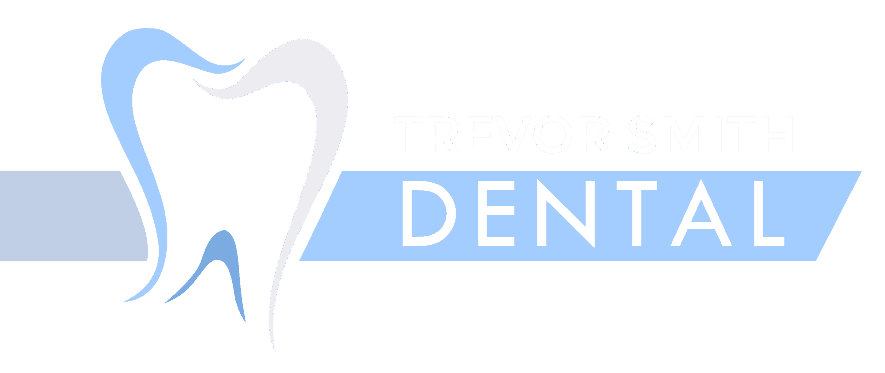Although it may end up crusted on your pillow, saliva plays a very important role in your mouth and is responsible for the beginnings of food digestion and is the mouth’s primary defense against tooth decay.
However, there are many weird and wonderful facts to know about the functions of our saliva that play a role in our everyday lives.
7 facts about saliva:
- The average person produces between 2 and 4 pints of saliva a day. Most of that saliva is produced in the late afternoon. We tend to stop the production of saliva at night although sometimes we may have some late night saliva production that ends in drool. When our saliva production stops for the night, we develop dry mouth, and this is why we wake up with ‘morning breath’.
- Besides protecting our teeth against tooth decay by fighting germs in the mouth, saliva production protects us against dry mouth and bad breath during the day. Bad breath can also be the result of food particles that are stuck in our teeth. Saliva also aids in the removal of these particles by either dissolving them or washing them away.
- Saliva is important to help us taste! Food molecules must dissolve in saliva for our taste buds to recognize the flavor.
- Saliva helps wounds heal thanks to the antibodies it holds; this is why wounds in the mouth heal faster than anywhere else on the body.
- Saliva is useful in the diagnosis of some diseases, and can be used to analyse or monitor alcohol or drug intake.
- Our tooth structure slowly becomes demineralized through exposure to acids in bacteria and food. However, the calcium and phosphate ions in saliva remineralizes tooth enamel and protects the structure from decay.
- Saliva contains Opiorphin, a natural painkiller, that is six times more powerful than morphine. Opiorphin is one of the few compounds that are found naturally in the body that assist the body’s pain mechanisms.
Most people do not produce enough saliva during the day, which results in bad breath or other dental conditions. To make sure you produce enough saliva throughout the day ensure you drink water, as staying hydrated promotes saliva production. Chewing or sucking on sugar free/ xylitol candy or chewing gum will also stimulate the salivary glands. Keeping on top of your oral hygiene through daily dental care and regular dentist check ups while also ensure that all the functions of your mouth are healthy and work correctly.
If you are one of the few who rather produces too much saliva, it is not something to be concerned about unless the heavy about of production persists and begins to have negative effects. Swallowing, which can be aided through drinking water, is the best way to get rid of excess saliva.

Recent Comments